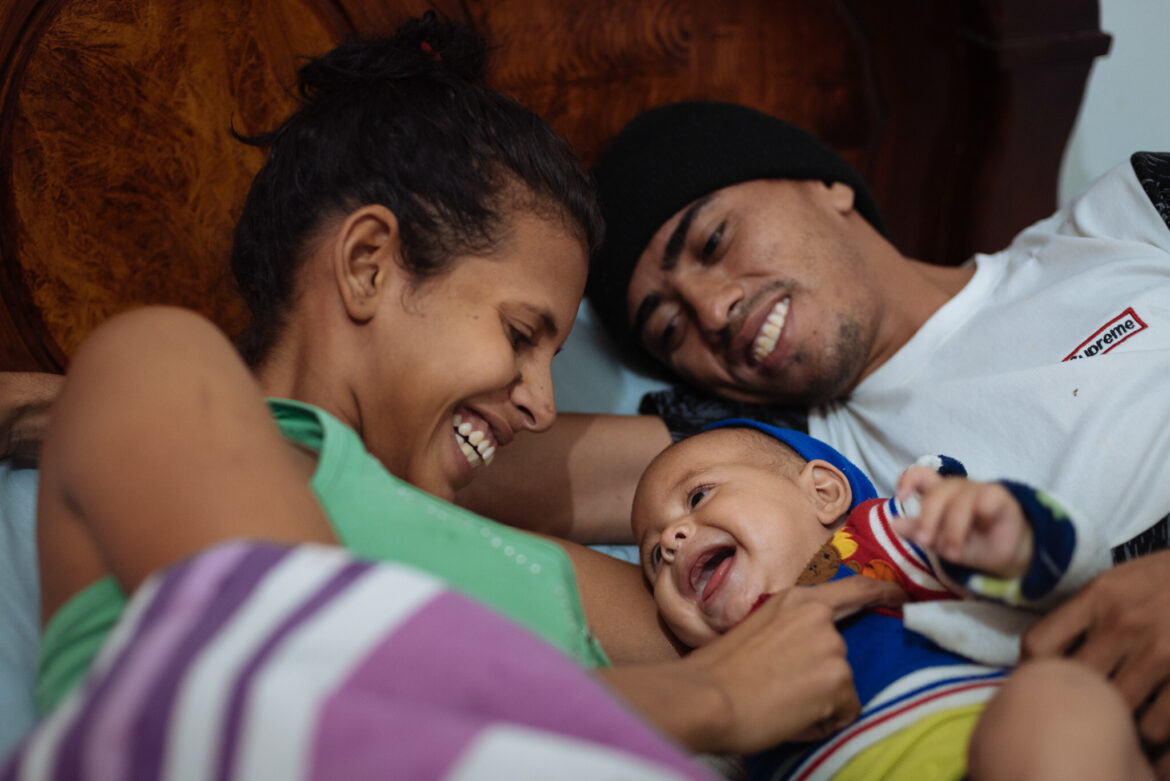One in three newborns in Canada have a parent who is unable to access parental leave, according to a new poll conducted by UNICEF Canada and Léger.
The survey highlights that the current system disproportionately benefits educated parents with secure jobs while excluding those whose children would gain the most from adequately paid, protected time off.
“It’s time to rethink parental leave in Canada. This needs to be considered more than a parental or worker benefit and rather a child’s right,” said Sevaun Palvetzian, president and CEO of UNICEF Canada. “Every infant in this country should have the opportunity for the best possible start in life, which includes having time with parents with an adequate income during the most critical stage in their development.”
Canadians overestimate parental leave availability
The poll uncovered that parents with children under six who have a university degree, are employed, married or in a common-law relationship, and do not identify as visible minorities are significantly more likely to be eligible for paid parental leave. Conversely, 77 per cent of Canadians mistakenly believe that all parents of newborns in Canada benefit from paid parental leave.

Key findings
Perceptions and experiences of parental leave in Canada
| Category | Percentage (%) |
|---|---|
| Canadians agreeing newborns need caregiving time and support for at least 6 months | 91 |
| Canadians agreeing all parents should be entitled to parental leave benefits | 81 |
| Canadians feeling current policies meet actual needs | 42 |
| Parents with children under six finding leave time sufficient | 48 |
| Parents with children under six finding financial support sufficient | 38 |
UNICEF research underscores the extensive benefits of parental leave, such as economic stability and enhanced parent-child bonding, which contribute to child health and development. Parental leave also positively impacts food security, preterm birth rates, infant mortality, family violence, and poverty — areas where Canada still has room for improvement, it said.
“If we don’t invest in the first 1,000 days of a child’s life, they are at risk of falling behind long before stepping foot into school,” Palvetzian said. “It is critical that every parent and caregiver receives the support necessary to provide their children the foundational building blocks in their early years to reach their full potential.”
Six months of leave
UNICEF Canada is advocating for at least six months of adequately paid, protected time with a parent or caregiver for every newborn and adopted child in Canada, and an increase in parental leave pay to meet international standards.
The findings are based on a Léger poll of 2,025 Canadians, including 500 parents with children aged 0 to 5 years, commissioned by UNICEF Canada to better understand perceptions and experiences of parental leave in Canada. Data was collected from April 30 to May 12, 2024.
Data excludes Quebec, which has a distinct parental leave system. In force since 2006, the Québec Parental Insurance Plan has broader eligibility and a higher pay rate than EI. As a result, about one in 10 newborns in Quebec has a parent unable to access paid parental leave, it said.





